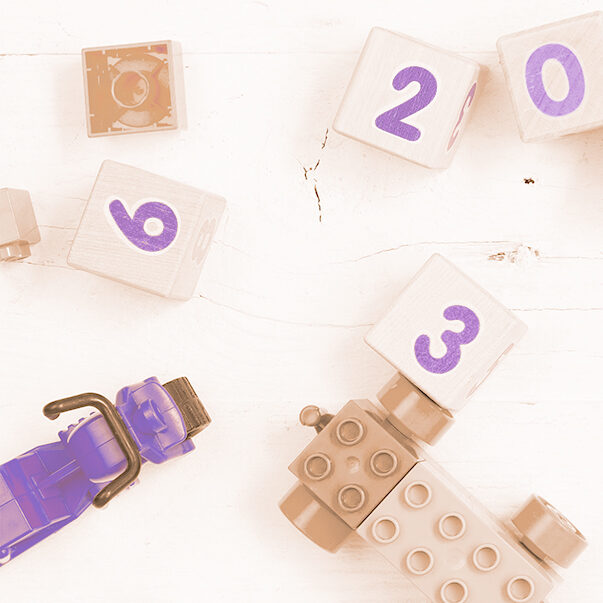Lisez cet article en français
Between infancy and early school age, children are developing in countless ways—physically, socially, emotionally and cognitively. Throughout this period, active play is critical.
Research has established that active play plays an essential role in children’s physical and psychosocial health. It has been shown to promote cognitive development, and early math skills and school readiness have been linked to the types of fine motor and perceptual skills that are typically developed through active play.
Providing opportunities for children to develop physical skills through active play reaps benefits in every aspect of their development for the rest of their life
Robin McMillan, Canadian Childcare Federation
The basic mechanism appears to be the stimulation of neural networks in the brain. As children encounter new active play experiences, their brains adapt to their new learning by forming new neural connections. In essence, their social skills, creativity, and problem solving develop in tandem with the development of their movement skills and physical literacy.
What counts as active play?
Active play has been defined as physical activity in a playful context. It usually refers to “free-flow play” that follows each child’s preferences and intrinsic motivations, as opposed to more structured physical activity that is directed by adults or formal rules. By its very nature, active play encourages improvisation and creative forms of playful activity.
Research has shown that outdoor play environments are especially good for encouraging active play in the early years. However, to ensure a full diversity of play experiences, it’s important that parents and educators promote play in many different environments.
Active play in early years centres
Early childhood development researchers have suggested that active play should be encouraged in early years centres especially. Early years centres are uniquely positioned to support active play programming for large numbers of children who may not otherwise have play opportunities.
For instance, studies show that the majority of toddlers prefer active play both at home and in early years centres. However, many children today aren’t getting enough active play time at home. With hurried modern lifestyles and busy family schedules, plus the distractions of television, video games and digital devices, they simply aren’t playing in a physically active manner.
Early years centres can make a big difference in this regard by promoting active play in their programs. In promoting active play, educators can help to fill gaps in development of gross motor competence and self-help skills for the children in their care.
“Providing opportunities for children to develop physical skills through active play reaps benefits in every aspect of their development for the rest of their life,” says Robin McMillan of the Canadian Child Care Federation (CCCF). “A positive attitude towards active play at an early age positively affects their later involvement in physical activity and fitness.”
Programming is proven to help
A recent Canadian study showed that children who participated in play-based early years physical literacy programming learned to love moving and became happier and better behaved. In the study, early years educators in eleven participating early years centres reported several key benefits for the children:
- 75% said they observed improved emotional development
- 88% stated the children showed better cognitive development
- 94% said the children became more active overall
- 100% agreed that active play programming had made the difference
The educators also reported that they themselves enjoyed better relationships with the children and with each other by being part of the activities.
Simple and cost effective
To encourage active play in early years centres, it’s not necessary to purchase expensive play equipment. More important is simply providing the time and physical space for children to explore physically active play on their own terms, with just a bit of guidance from educators.
Researchers at the University of British Columbia, for instance, have created the Seven Cs guide to help early childhood educators, designers, administrators, and parents to design outdoor play spaces that best support children in their early development.
Once the environment is established, the next step is to introduce simple activity ideas that children find fun and engaging. Active for Life has recently launched the ActivePlay.ca web portal for this purpose.
Active play online resource
The ActivePlay.ca web portal features active play ideas and resources for early years educators and administrators who want to encourage active play in their centres. It provides free videos, posters, and articles to show early years educators how to deliver important play-based physical activities in a wide variety of indoor and outdoor settings.
The goal of ActivePlay.ca is to break down barriers to active play by making it easy for early years educators to engage more children in age-appropriate physical activity. To this end, the videos are captioned in ten different languages, including three Indigenous languages. The posters are available in all ten languages as well.
The benefits of active play encompass motor skills, physical literacy, brain development, and more. As early years educators and administrators look to introduce engaging active play programming into their centres, they can look to resources such as ActivePlay.ca for reliable guidance and inspiration.












